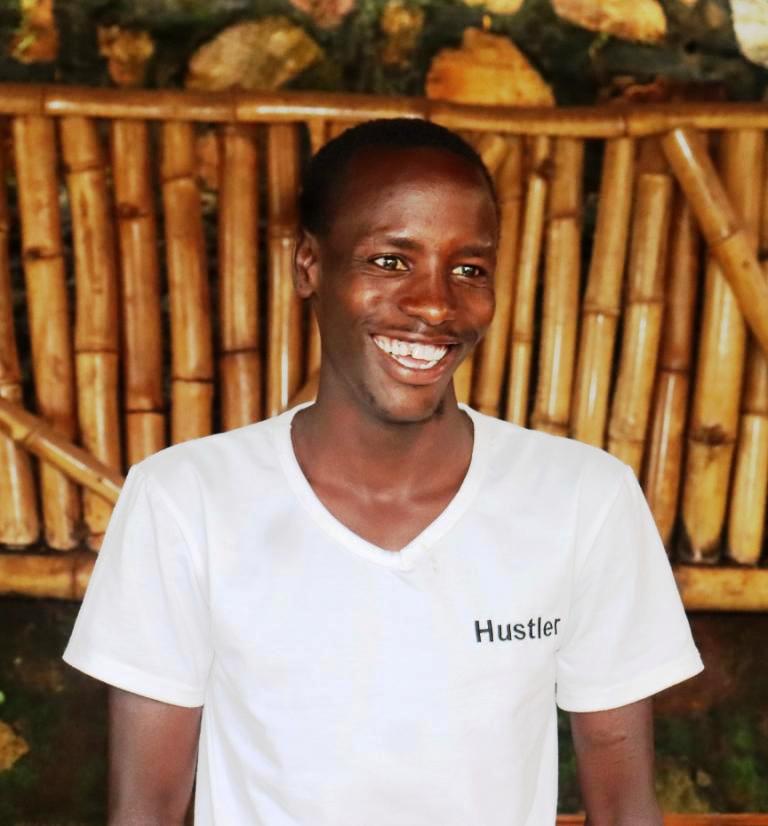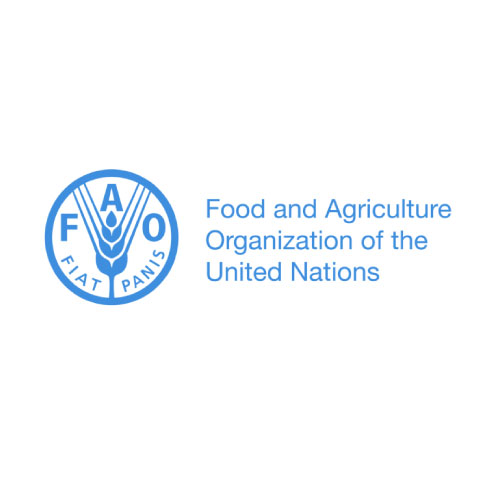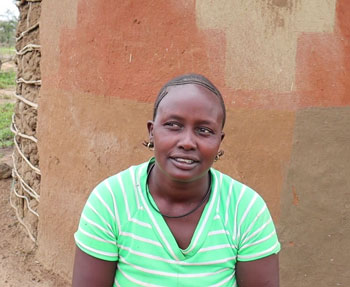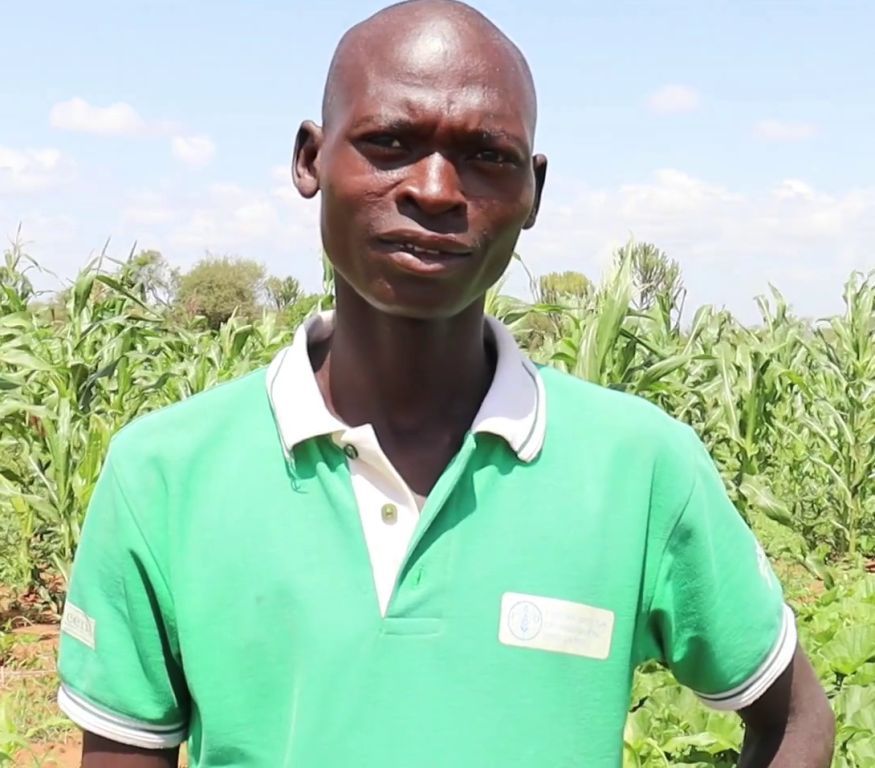About the project
Project Period: Aug 2021 - Jan 2022 (5.52 Months)
The "Piloting Income Generating Activities in Amudat and Moroto Districts (PIGA-IGAs)" project was a five-month initiative implemented by Nascent Research and Development Organization (Nascent RDO) in partnership with the Food and Agriculture Organization of the United Nations (FAO). It ran from August 2021 to January 2022. The project's primary goal was to address the root causes of child labor by enhancing the economic capacity of vulnerable households in the Karamoja sub-region of Uganda.
This critical project directly engaged 400 vulnerable households in the Amudat and Moroto districts, which are heavily impacted by child labor. By strengthening livelihoods and economic resilience, the project sought to provide families with viable alternatives to sending their children into labor. It also played a role in supporting the sustainable post-COVID-19 economic recovery of these communities.
Project Focus
A central focus was increasing the socio-economic capacity of 400 households through livelihood diversification. This was achieved by providing technical skills, supporting the establishment of Income Generating Activities (IGAs), and creating financial inclusion opportunities. Key activities included setting up Village Savings and Loan Associations (VSLAs) and providing training in entrepreneurial and vocational skills to young people and caregivers.
The project placed a strong emphasis on eliminating child labor by tackling its underlying causes. It aimed to increase knowledge and awareness within selected communities about the impacts of child labor on children, youth, and their families. This involved sensitizing parents, guardians, and local leaders on the long-term consequences, supported by the establishment of community anti-child labor committees.
PIGA-IGAs was designed to help vulnerable households sustainably recover from the devastating socio-economic effects of the COVID-19 pandemic. Beyond economic support, this included efforts to mobilize communities and ensure that children returned to school following nationwide closures. The project implemented awareness campaigns and dialogues to support household resilience and access to essential learning opportunities.
A successful project element was the cultivation of strong relationships with both governmental and private stakeholders. This collaboration ensured broad support for the project's rollout and fostered a sustained commitment to community transformation beyond the project's lifecycle. Engaging cultural and clan leaders was also critical to promoting new norms that actively eliminate child labor within the targeted agricultural communities.
Activity Highlights
Activity Title
Details about this activity will go here...
Photo Moments
Video Moments
Beneficiary Stories

Project Impact
Project Publications
Project Partners


